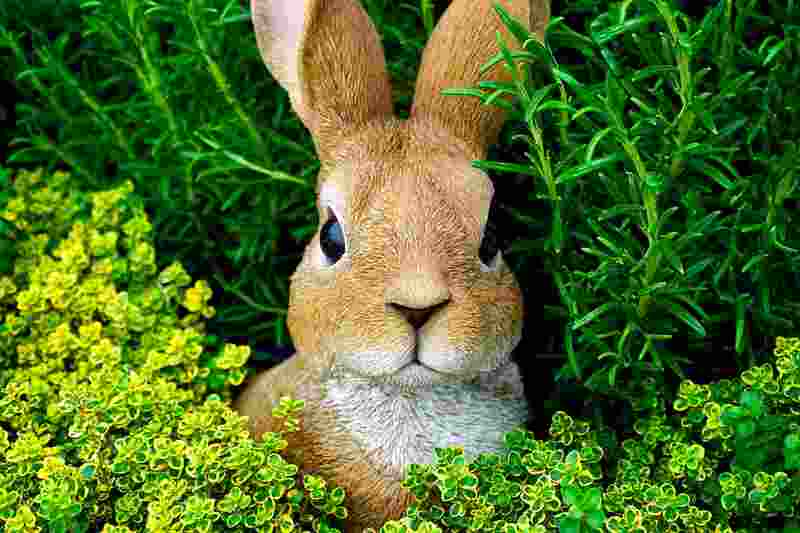Rabbits are small and vulnerable animals that are often prey upon by larger predators. These predators can range from birds of prey to wild canines. Even black bears eat rabbits and are just one of the many predators that target these animals. This article focuses on some predators that commonly prey on rabbits and how their presence can impact rabbit populations.
Birds of Prey
Hawks and owls are some of the most common predators of rabbits. These birds use their sharp paws and beaks for hunting rabbits, often diving down from the sky to grab them. They are highly efficient hunters, capable of spotting rabbits from high up in the sky and quickly swooping down to grab them. Rabbits are often the preferred prey of these birds, especially in the spring and summer when young rabbits are born.
Coyotes and Foxes
Coyotes and foxes are also known to prey upon rabbits, often hunting them in packs. These animals are highly adaptable and can hunt in various habitats, from deserts to forests. They can also dig underground burrows to reach rabbits that have sought refuge there. Although coyotes and foxes can be effective predators of rabbits, they also play a vital role in keeping rabbit populations in check and preventing them from becoming too numerous.
Black Bears
Black bears are one of the largest and most powerful predators of rabbits. These animals can easily hunt and kill rabbits using their powerful jaws and claws. Black bears are omnivores and eat a wide variety of food, including rabbits. They are often attracted to areas with high rabbit populations and actively hunt them. Although black bears are a major threat to rabbits, they also play an important role in maintaining the balance of ecosystems by controlling rabbit populations.
Other Predator Animals
Other predators of rabbits include snakes, raccoons, and skunks. Snakes, such as the gopher snake, can climb trees and enter rabbit burrows to hunt and kill rabbits. Raccoons are also known to prey upon rabbits, using their sharp claws and powerful jaws to kill and eat them. Skunks, while not as common as other predators, can also pose a threat to rabbits, especially in areas where their populations are high. These animals are omnivores and will eat a wide variety of food, including rabbits, insects, and fruits.
Human Impacts on Rabbit Populations
It is important to note that humans also significantly impact rabbit populations. The destruction of habitats, introducing of non-native species, and hunting for sport or food can all adversely affect rabbit populations. In addition, pesticides and herbicides can also impact rabbit populations, reducing the amount of available food and increasing their vulnerability to predators. Humans must be aware of their impact on wildlife populations and take steps to conserve and protect habitats and species, including rabbits and predators.
Conclusion
Rabbits face a variety of predators, including birds of prey, coyotes and foxes, domestic cats, snakes, raccoons, and skunks. Even black bears eat rabbits and play an important role in controlling rabbit populations and maintaining the balance of ecosystems. To ensure the health and survival of rabbit populations and their ecosystems, humans must take an active role in conservation efforts, including habitat preservation and responsible management. The survival of rabbits and their predators is crucial for maintaining a healthy and diverse ecosystem.


